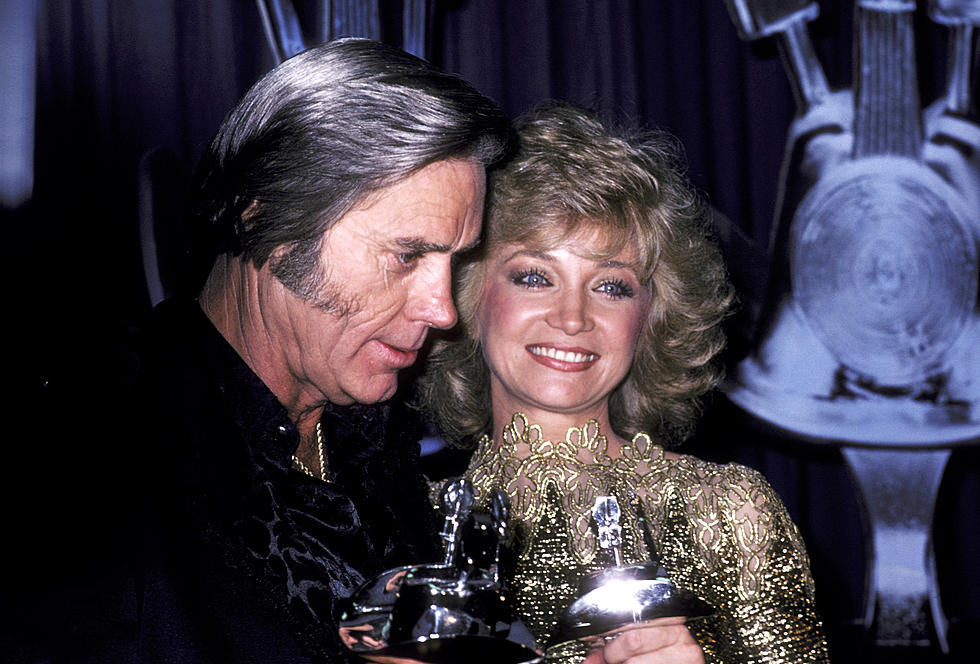
When Love Defies Convention, the Heart Writes Its Own Laws
When Barbara Mandrell released “(If Loving You Is Wrong) I Don’t Want To Be Right” in 1979, she wasn’t merely covering a soul classic—she was reclaiming it through the plaintive strength of her country roots. The song, featured on her album Just for the Record, became a pivotal entry in her catalog, ascending to No. 1 on the Billboard Hot Country Singles chart. Already a hit in earlier renditions by artists like Luther Ingram and Millie Jackson, Mandrell’s interpretation carved its own path by threading a different kind of ache—a Southern woman’s quiet turmoil in the face of impossible desire.
The power of Mandrell’s version lies not only in its chart-topping success but in how it reframes the narrative through the lens of country storytelling. Where soul renditions imbued the song with raw physical yearning, Mandrell leaned into emotional restraint—turning fire into slow-burning embers of guilt, longing, and resignation. Her voice is not explosive, but wounded and steady, as though she’s long since made peace with her moral undoing.
Penned by songwriting legends Homer Banks, Carl Hampton, and Raymond Jackson, the lyrics of “(If Loving You Is Wrong) I Don’t Want To Be Right” stand as one of pop music’s most poignant declarations of forbidden love. The speaker is caught in an extramarital affair, emotionally tethered to someone she cannot publicly claim. “Am I wrong to fall so deeply in love with you?” she asks—not rhetorically, but as an indictment of societal boundaries that fail to account for the truth of human emotion.
In Mandrell’s hands, those words become an open confession: not theatrical, but utterly sincere. Her performance is imbued with quiet desperation—the kind born not of recklessness, but from loving someone so deeply that moral clarity becomes irrelevant. It’s a theme as old as time and yet still too seldom spoken aloud: that love does not always arrive in socially acceptable packaging. Here lies a woman who recognizes her trespass and walks into it anyway, not out of rebellion, but because the alternative is emotional death.
Musically, the arrangement pivots from its soul origins into lush countrypolitan textures—gentle strings, restrained percussion, and subtle pedal steel guitar that cradles Mandrell’s vocal like a conscience whispering at midnight. This sonic shift doesn’t dilute the song’s emotional heft—it amplifies it by cloaking heartbreak in domestic familiarity. The song becomes not just a cry of passion but a lamentation whispered behind closed doors.
By interpreting this song within her own genre’s idiom, Barbara Mandrell didn’t merely borrow from rhythm and blues—she translated it into something uniquely hers: a country ballad that speaks to anyone who has ever wrestled with love’s paradoxes. In doing so, she gave new voice to an old pain—subtler perhaps, but no less searing—and etched herself into the legacy of one of American music’s most enduring narratives.